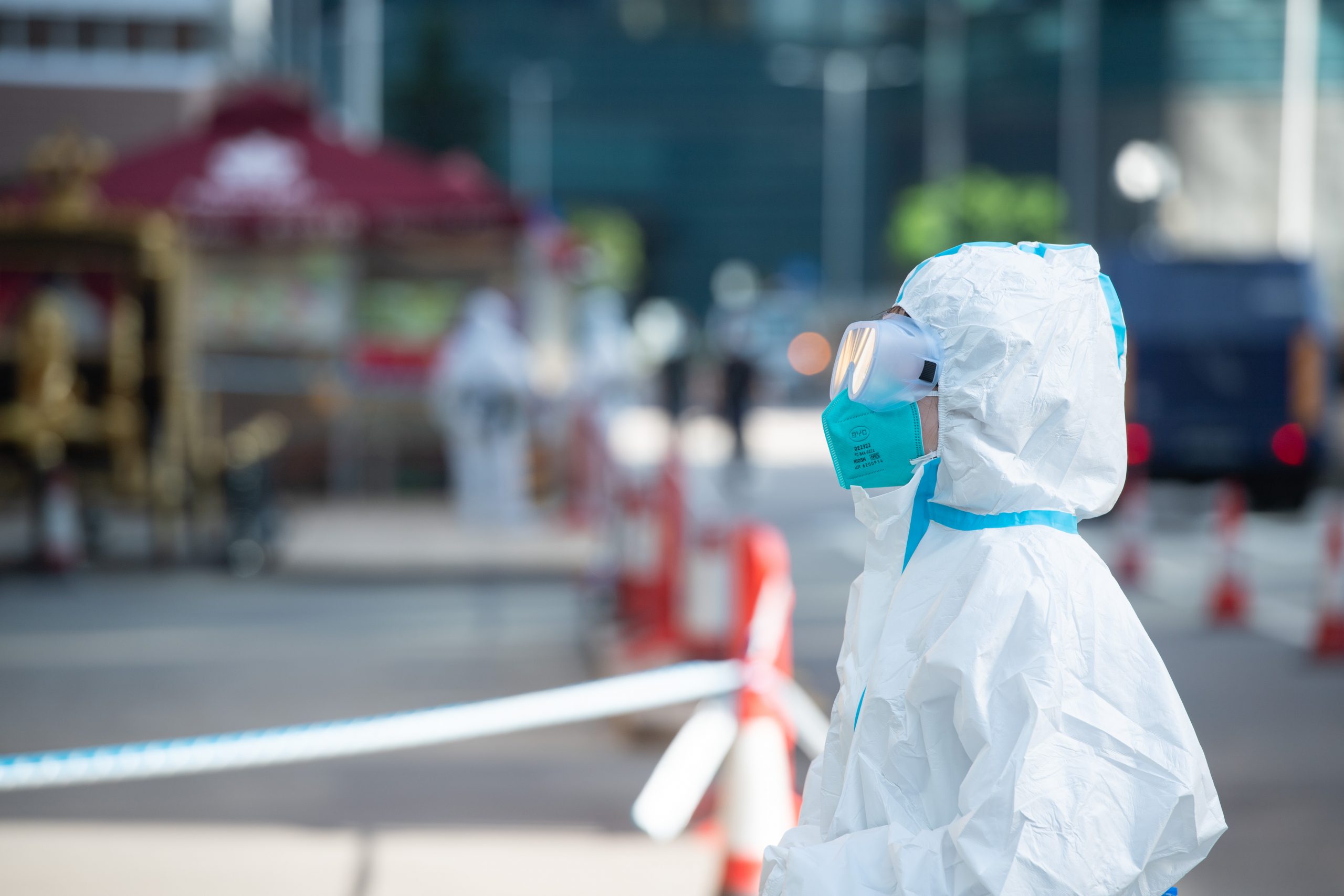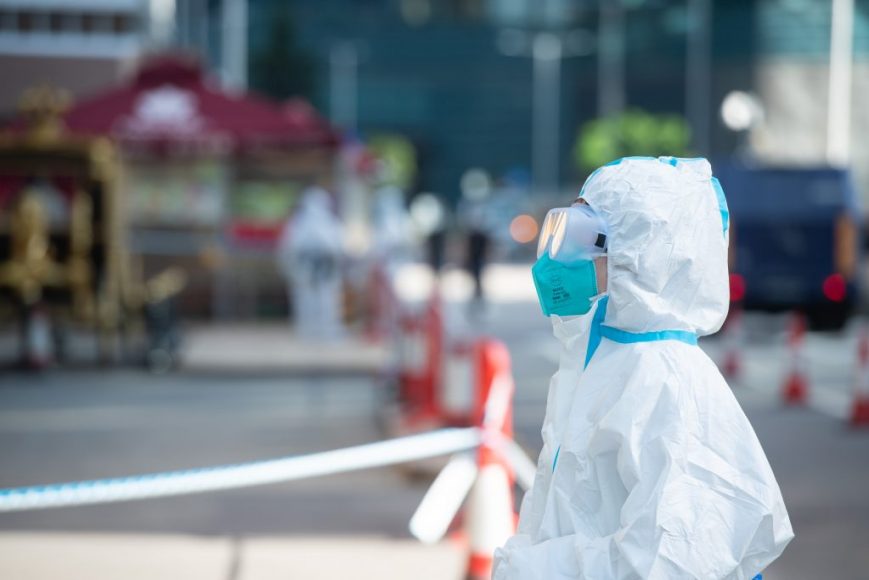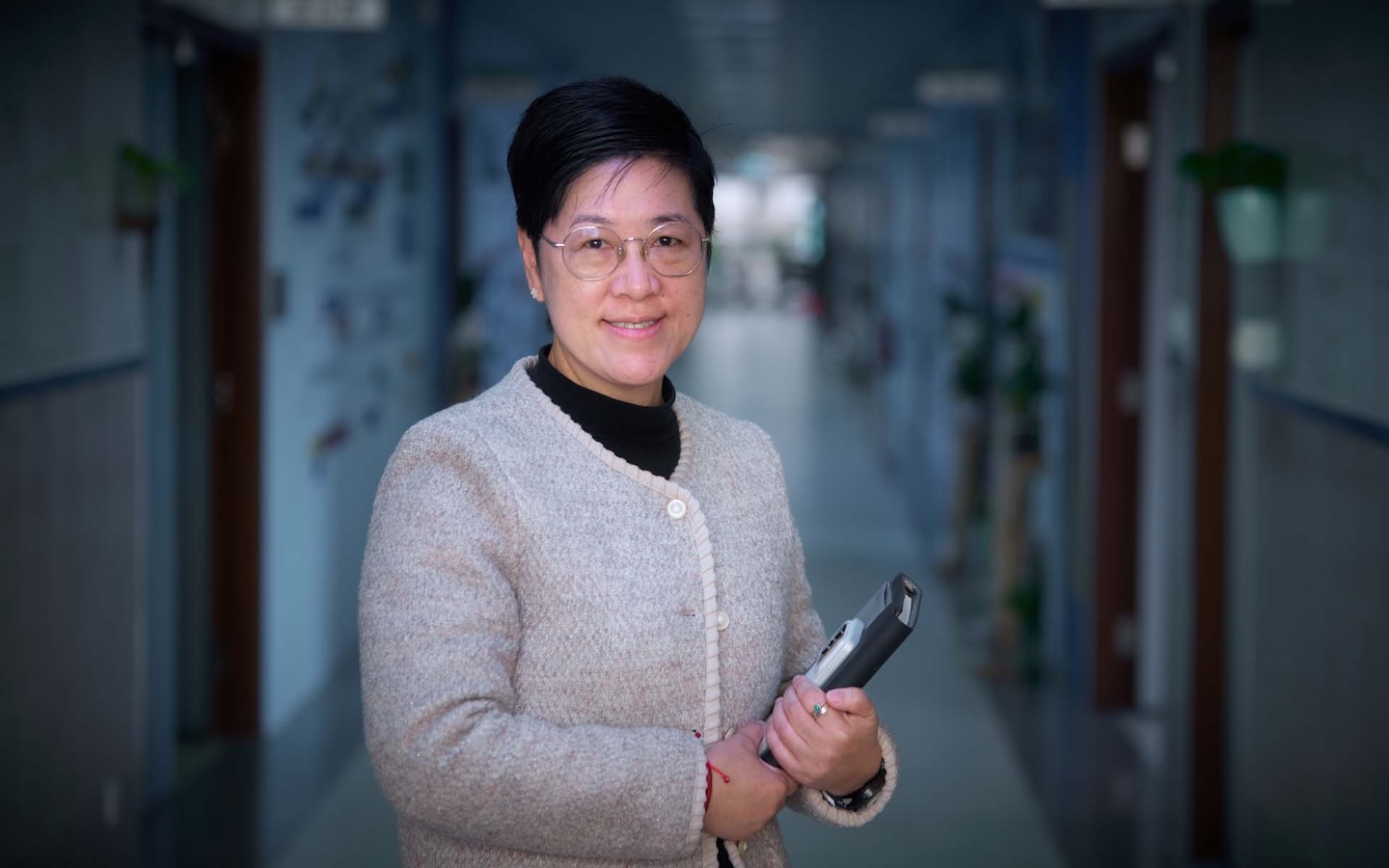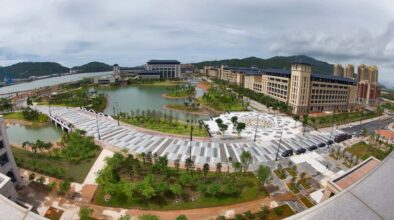Vaccinations are the best way to reopen borders and revitalise the economy as safely as possible.
Since the beginning of the pandemic, Macao has taken prudent measures to prevent major Covid-19 outbreaks and protect the lives of its citizens. Local health authorities have restricted foreign arrivals, imposed strict quarantine measures, and rolled out an efficient vaccination programme with more than enough shots for the entire population.
As time progressed and the world learned more about the virus, the government’s measures have become more strategic and sophisticated. Over the past three months, for example, the government acted immediately after identifying several imported cases. In response, authorities mandated citywide nucleic acid testing (NAT) three times so far.
Each round (the first on 4 August, followed by 25 September and 7 October) tested about 700,000 people – an effort that showcased the government’s track-and-testing capabilities, quick decision-making and enormous capacity to mobilise residents. These mass testing events also ensured that no Covid-19 cases circulated among the population, bringing a sense of calm to Macao.
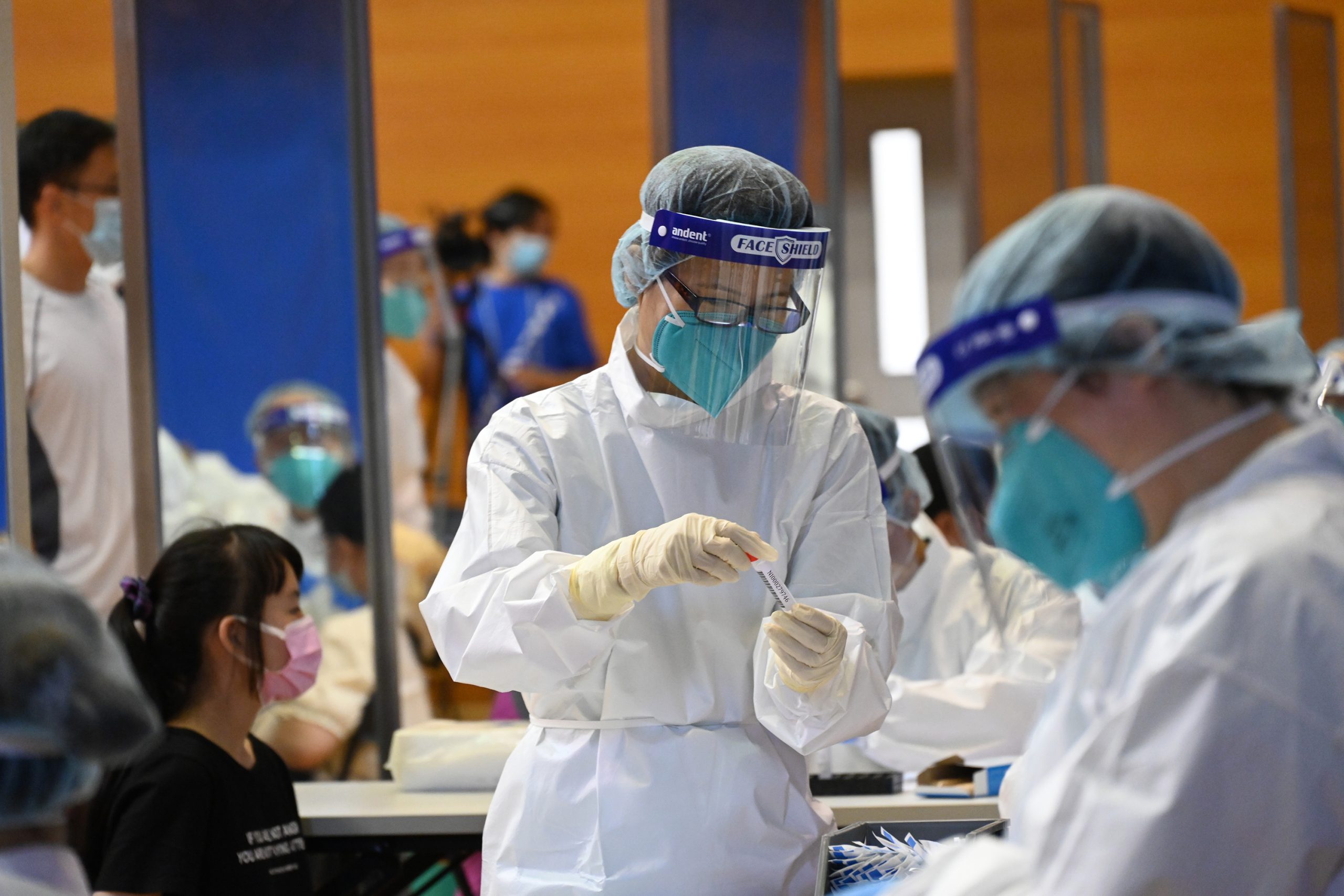
As an additional precaution, on 5 October, the government paused civil service work for three days, and closed entertainment and leisure services until 19 October.
About 20,000 civil servants, police, firefighters, doctors, and nurses worked tirelessly to conduct the mass testing operations throughout the pandemic. Meanwhile, hundreds of members of civil society – including schools, churches, professional associations, and cultural institutions – have shown their support for the government’s stringent preventative measures.
As a result of these efforts, the territory has recorded just 77 imported Covid-19 cases and zero fatalities as of 27 October. By comparison, Hong Kong has reported 12,331 cases and 213 deaths; Singapore, 179,095 cases and 339 deaths; and Japan, 1.72 million cases and 18,142 deaths.
“An important point people seem to forget amid all the local Covid-19 measures is that Macao is one of the few places in the world with zero – yes, zero – Covid deaths since the outbreak,” says local filmmaker Sérgio Basto Perez.
“With all the difficulties everyone is going through – the economy, the border closures, not being able to travel – most of these [sacrifices] were in place to achieve this important milestone. I praise any place or policy that places human lives above anything else.”
Robert William, who works at a resort in Macao, also expressed gratitude for the haven that the government has created. “It is complicated [for the city] to be closed for over a year and a half,” he says. “But the measures taken, even though they may seem excessive in some cases, have at least ensured that we are fine and alive, unlike many other cities with serious cases and deaths.”
While closing the borders has kept residents safe, it has created some challenges for the economy. In the tourism sector, Macao welcomed just 5.9 million arrivals in 2020, compared to 39.4 million in 2019. This drop in tourists, who are primarily from mainland China, over the past 18 months has caused substantial economic losses and forced many small- and medium-sized companies to close or lay off staff. However, the government has supported the community with subsidies, loans and consumption vouchers to buoy the economy during this unprecedented time.
The path forward
There is only one way for the city to reopen and business to rebound – and that is to increase vaccination uptake in Macao significantly. The city’s pandemic health measures follow mainland China’s “zero Covid” policies.
“Only after Macao’s vaccination rate significantly increases can we consider the living-with-the-virus approach while ensuring that there won’t be cases resulting in a serious condition and many fatalities,” said Leong Iek Hou, who coordinates the Health Bureau’s (SSM) Novel Coronavirus Response and Coordination Centre.
Officials have echoed this sentiment time and time again. “Macao is not prepared to live with a virus due to the very low rate of vaccination. The population needs to get vaccinated”, urges Novel Coronavirus Response and Coordination Centre spokespeople in its press statements.
In mainland China, which has a population of more than 1 billion, vaccination rates have already reached over 80 per cent as of 27 October. To put it another way: A total of 2.25 billion doses have been administered in the mainland. The vaccination programme puts China in the lead among the world’s biggest economies. More than 97 per cent of adults in the capital of Beijing are fully vaccinated, and in the financial hub of Shanghai, the rate is approaching 80 per cent. Whereas only 50 per cent of Macao’s 682,500 residents have been fully vaccinated as of 20 October, making the city the lowest vaccinated population in all of China.
During a September visit to Macao by a delegation from China’s National Health Commission, health experts praised the measures taken by the Macao government to control the epidemic. However, when leaving the city, they expressed concern about vaccination rates and urged the government to speed up its inoculation efforts.
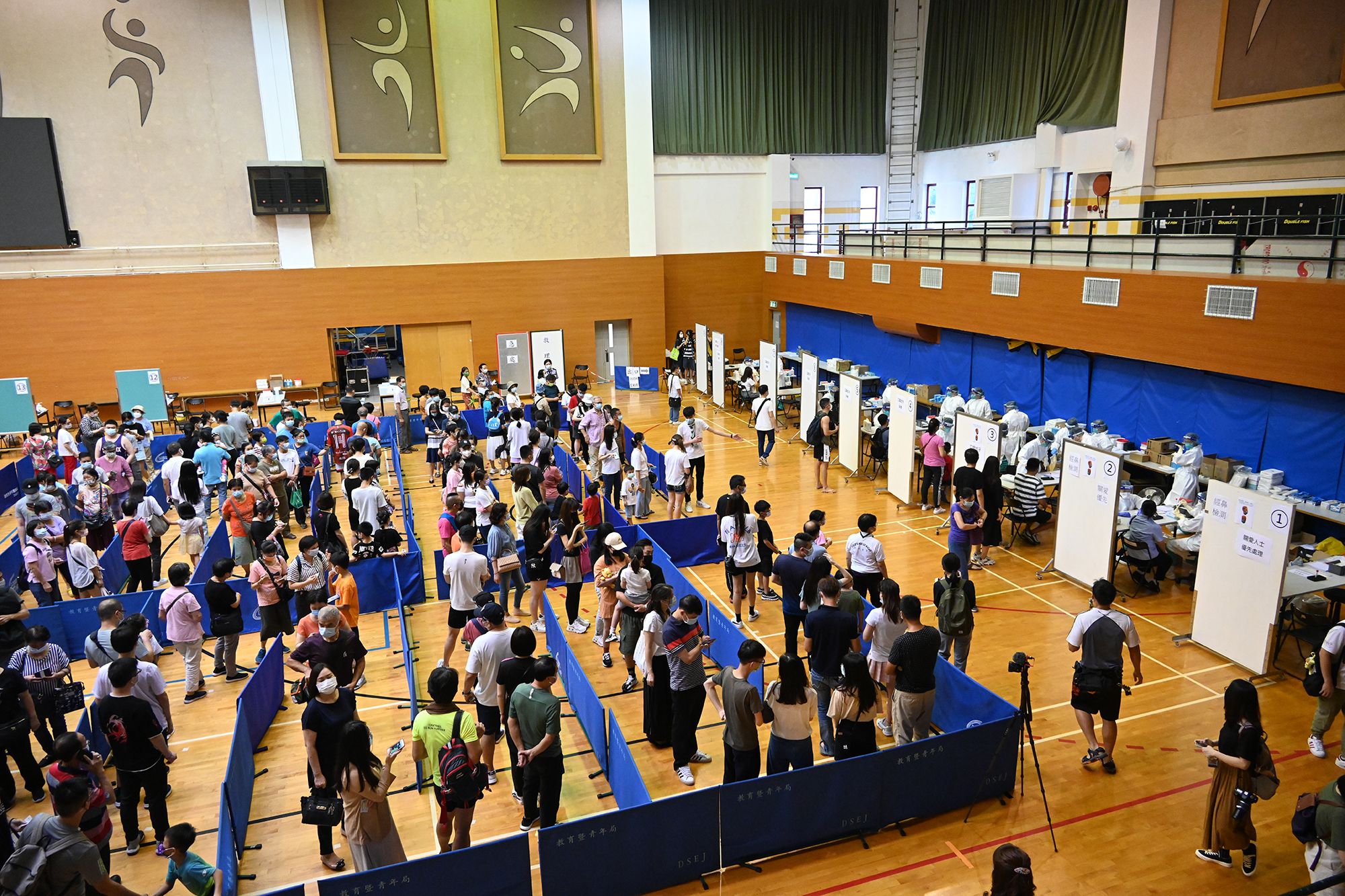
Macao Chief Executive Ho Iat Seng shares the central government’s concerns, iterating the need for residents to be fully vaccinated. In early October, for example, Ho called on members of the public who have yet to be vaccinated to get the shot and fulfil their civic duty.
“Only when the majority of the community has been vaccinated will the community have a degree of safety in the event of any outbreak,” said Ho. “That would help in terms of revitalising the local economy by making it possible for a greater number of visitors to come to Macao.”
The vaccine, he continued, does not guarantee immunity from Covid-19; however, it offers significant protection from the novel coronavirus and has been proven to reduce the chances of severe conditions and hospitalisation associated with infections.
Some groups – such as pregnant women and those with existing health conditions – cannot be inoculated yet. However, the Chief Executive urges those who are eligible to get the shot to do so as soon as possible with an aim to vaccinate at least 80 per cent of the population. If the city does not reach this target, it is unlikely that the central government will relax restrictions and enable more mainland travellers to visit.
“Without a high vaccination rate, it is difficult for the Macao government to ask the central government for the resumption of the electronic application process for a travel visa to Macao and the resumption of tour groups to Macao,” Ho said, adding that tourism is essential for the city’s economic recovery.
After the city completed its third mass NAT programme in early October, Leong reaffirmed this message. Only after Macao reaches a Covid-19 vaccination rate of 80 to 90 per cent can the government consider shifting its policies.
At the Macao Health Bureau’s weekly press conferences, officials repeatedly call on the public to get vaccinated quickly. “The vaccine is the next phase, and we’ll get there,” says Perez. “The government’s earlier measures gave us time: time for better medicine, time for better understanding of the virus and how to treat it, and time to get prepared and plan a proper economic recovery.”
Perez also praises the health workers, health coordinators and government workers who have kept Macao people safe. “Now, let’s aim to recover, get vaccinated, and get ready to live in a world where Covid will live among us,” he adds.
Of course, vaccination is not a silver bullet that can solve Macao’s economic woes. But it is the fastest and more realistic way forward for the city at this time. To revitalise Macao’s economy, welcome tourists again, return to the pace of development pre-pandemic – and keep the public safe at the same time – the vaccine is the best tool we have as a community.
As many other places begin to live with the virus, reopening is essential for Macao’s economic and social stability. The city stands to see enormous opportunities in the recently inaugurated Guangdong-Macao In-Depth Cooperation Zone Hengqin and the rest of the Greater Bay Area. With open borders and better integration across the region, Macao’s economy will see even greater potential to grow, diversify and thrive in the future.
